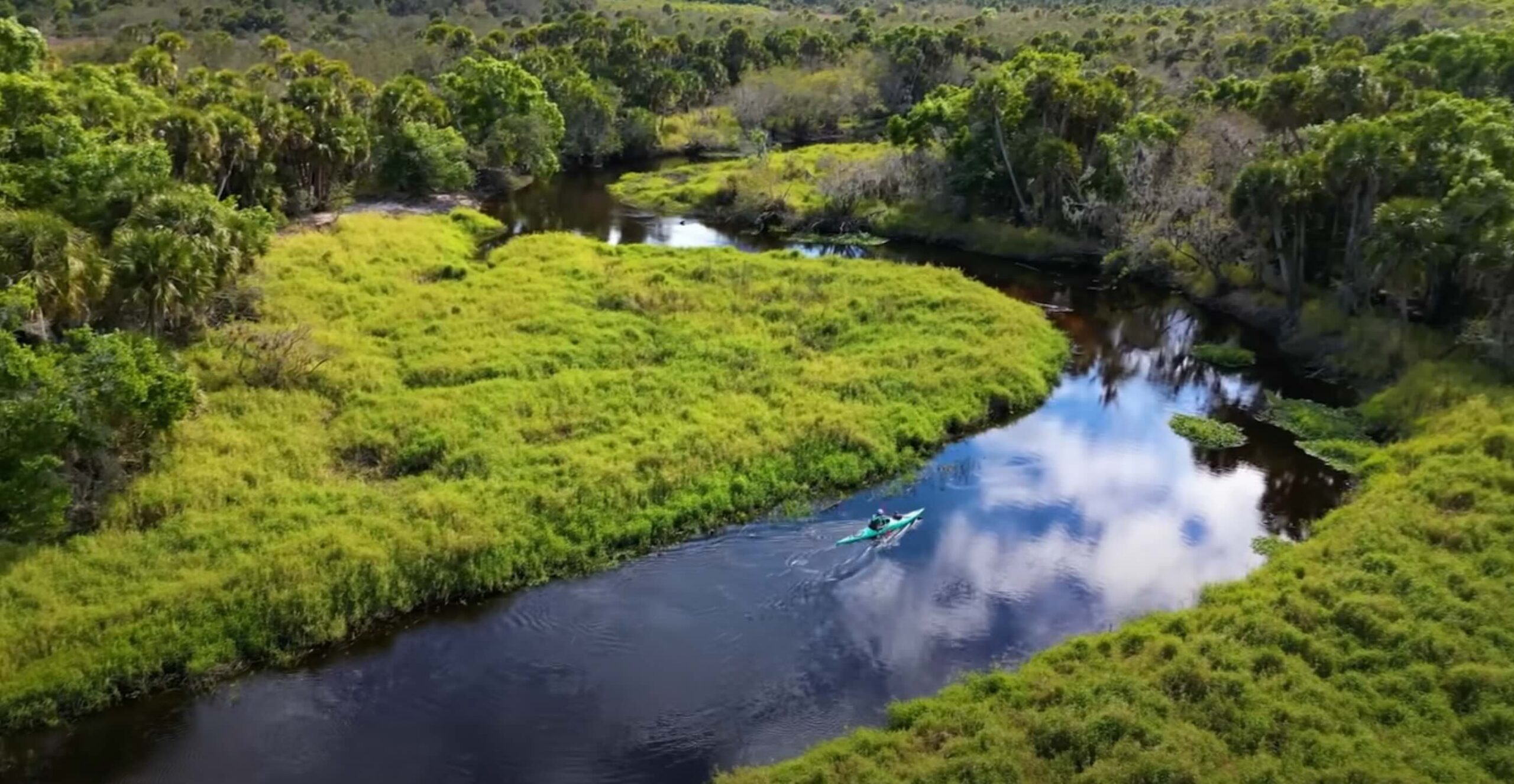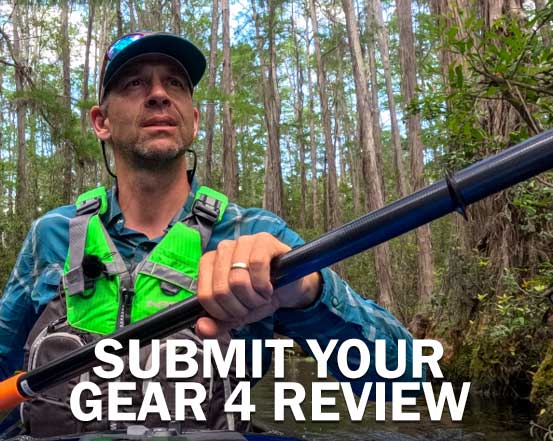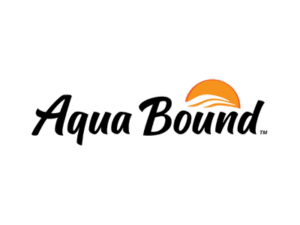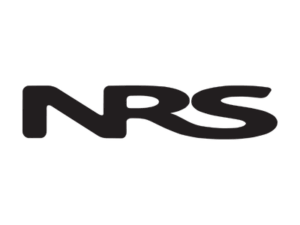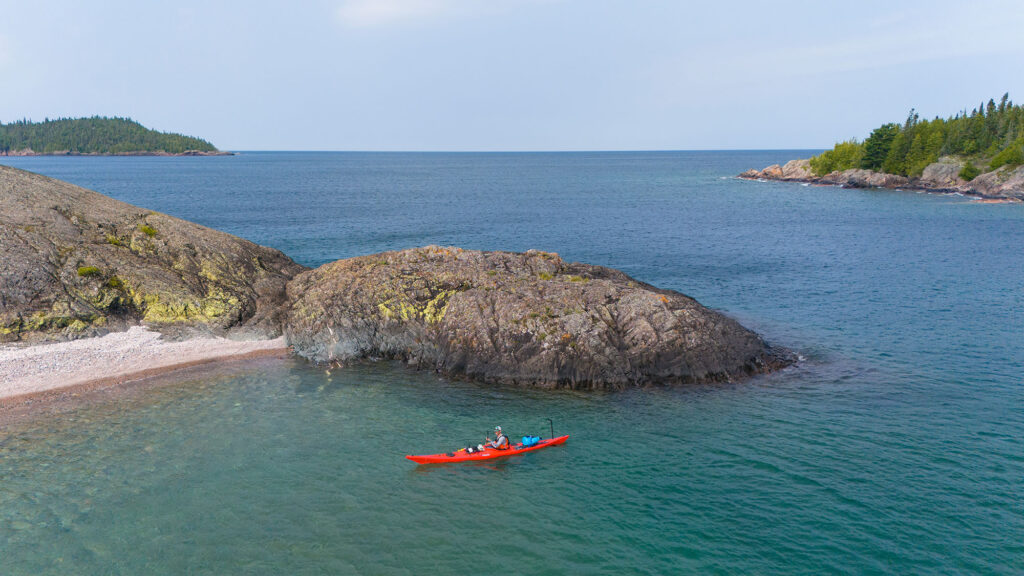
Choose an Appropriate Place to Paddle
Choosing an appropriate place to paddle involves knowing your paddling limits and respecting the limitations of your gear.
Know Your Paddling Limits
It’s important to choose an outing that matches your skills and knowledge. The biggest challenges you'll face on the water are wind, waves and current. If you have limited experience, don't have the fitness to paddle hard for extended periods, and/or don't feel that you have great control over your kayak, then you should be looking for places to paddle on small bodies of water (rivers, ponds, small lakes). These areas offer good protection from wind and waves, and have very little, or no current to contend with.
If you do have reasonably good fitness, and have developed adequate technique to effectively control your kayak, you can consider paddling in larger bodies of water. Areas that don't always provide shelter form wind and waves.
That being said, until you learn to re-enter your kayak from the water (in the event of a capsize), you need to stay close enough to swim to shore. If you have learned and practiced re-entering your kayak from the water, to the point where you're confident in your ability to do so in rough conditions, you can then consider paddling further out from shore – if you are using appropriate equipment to do so.
Respect the Limitations of Your Kayak
The kayak you're using will dictate what appropriate place to paddle looks like, regardless of your skill level. In some cases using the wrong kayak will result in having a tiring or frustrating experience. But, in many cases using the wrong kayak can be a serious safety issue.
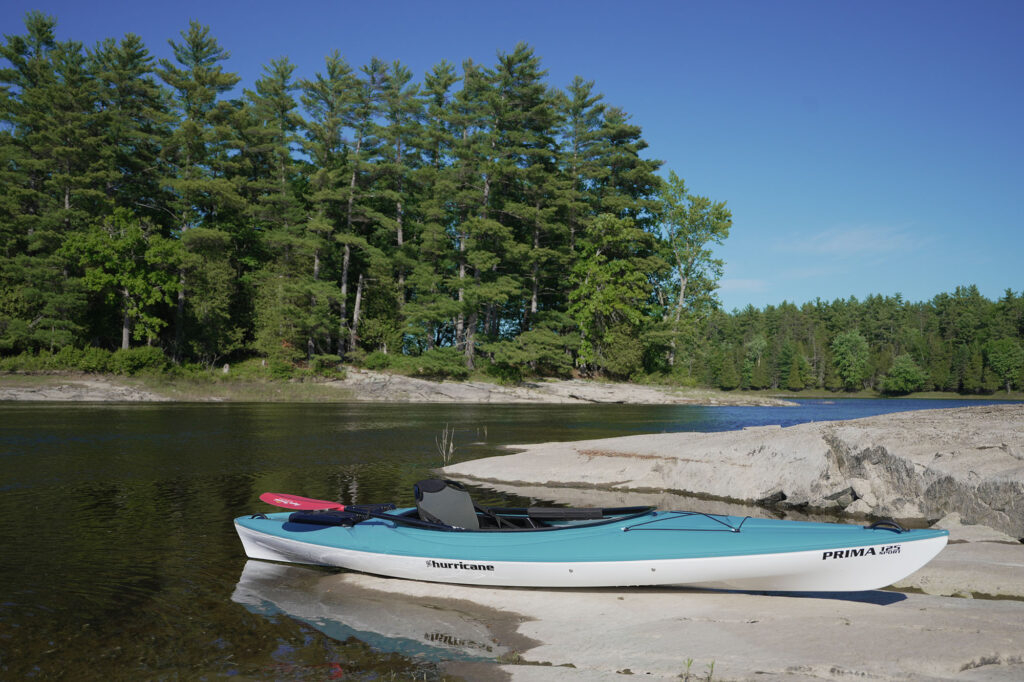
A recreational sit-inside kayak has a large cockpit that doesn't enclose the paddler.
Sit-inside recreational kayaks are one of the most limiting styles of kayaks, and one of the most popular styles as well. They're designed to be very stable. They're not intimidating because they have big, open cockpits, and they're not designed to be used with a skirt. While these features make them very accessible, they can be swamped very easily in rough conditions. These type of kayaks must stay on small bodies of water that are sheltered from wind and waves.
Your options expand greatly if you're using a sit-on-top kayak, which can't be swamped because it's designed to self-bail. Similarly, your options are much greater if you're using a touring kayak or sea kayak. These sit-inside kayaks are designed to be used with a skirt (to keep water out) and they'll have at least one bulkhead.
A bulkhead is a fixed wall inside the kayak that separates the boat into different compartments. Bulkheads are found immediately behind the seat and in front of the feet. The benefit of bulkheads is that only part of the kayak will get swamped in the even of a capsize. This makes the kayak much easier to deal with on the water.
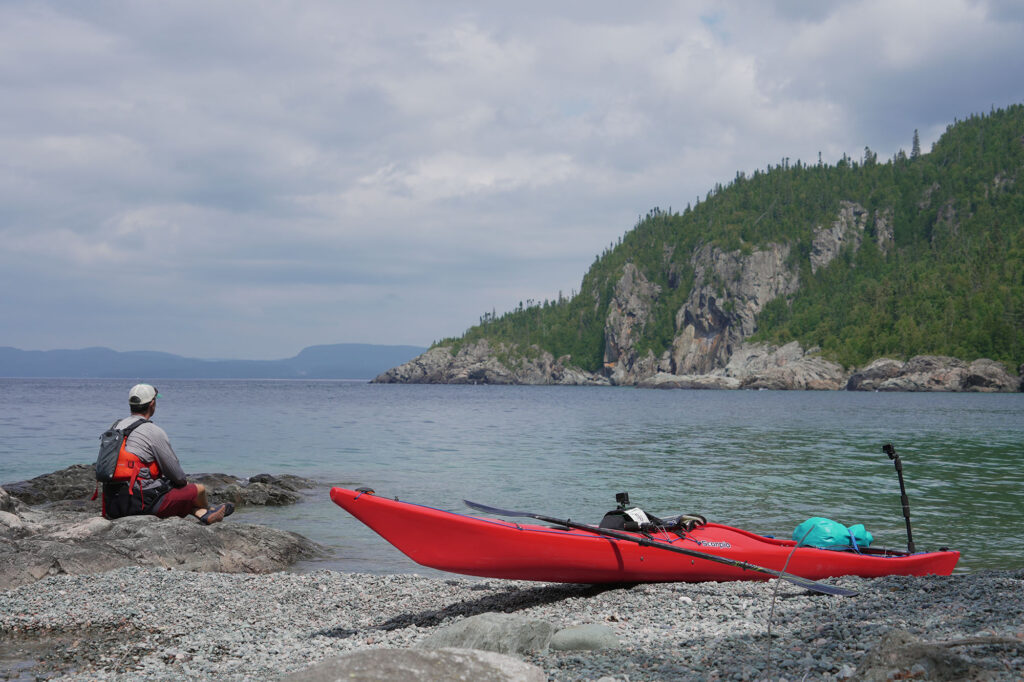
A sea kayak used with a skirt allows paddlers to explore large, exposed bodies of water.
How To Find A Place To Paddle
Use Local Knowledge and Resources
Now that you have a good idea of what kind of paddling location you're looking for, finding an appropriate place to paddle can be easier than you think! Local paddling clubs, outdoor shops, and guide books are fantastic resources. They often have firsthand knowledge of the best spots to go, and the latest water conditions. Another great source of information is the internet, and there are a few good ways to use modern technology to find a great place to paddle.
Use Modern Technology to Find a Paddling Location
Thanks to modern technology, it's easier than ever to plan a river trip. I’ve spent countless hours exploring new areas with Google Maps. This has resulted in a large number of exploratory paddling adventures. You can also use sites like Paddling.com or Paddlingmag.com to get ideas. Ask other paddlers, or you can search YouTube to discover reviews and suggestions for local paddling spots.
The PaddleWays App
Another digital tool that has become a game-changer for paddlers in the United States is to find a great place to kayak, is the PaddleWays app. PaddleWays provides a simple, comprehensive way to plan your paddling adventure. Whether you're searching for a serene lake, an exciting river, or the best access points. The PaddleWays app offers several features, including the following:
- A detailed map of access points along the river. Including up-to-date information on helpful details such as parking availability, difficulty of access, and nearby facilities.
- Customized search options to match your preferred type of water. You can filter by difficulty, water type, and proximity, making it easy to find exactly what you’re looking for.
- Uses community-drive reviews and data to find lesser-known, hidden paddling spots. Users frequently share their favorite paddling locations with photos, descriptions, and tips.
- Offers real-time data on water levels and conditions and suggests the ideal flow levels for your trip.
- Allows you to plot routes for multi-day paddling trips, including services and camping options along the way.
- Helps you gauge the difficulty of different locations through user reviews of spots. This lets you plan for unseen difficulties and find a paddling location suitable for your abilities.
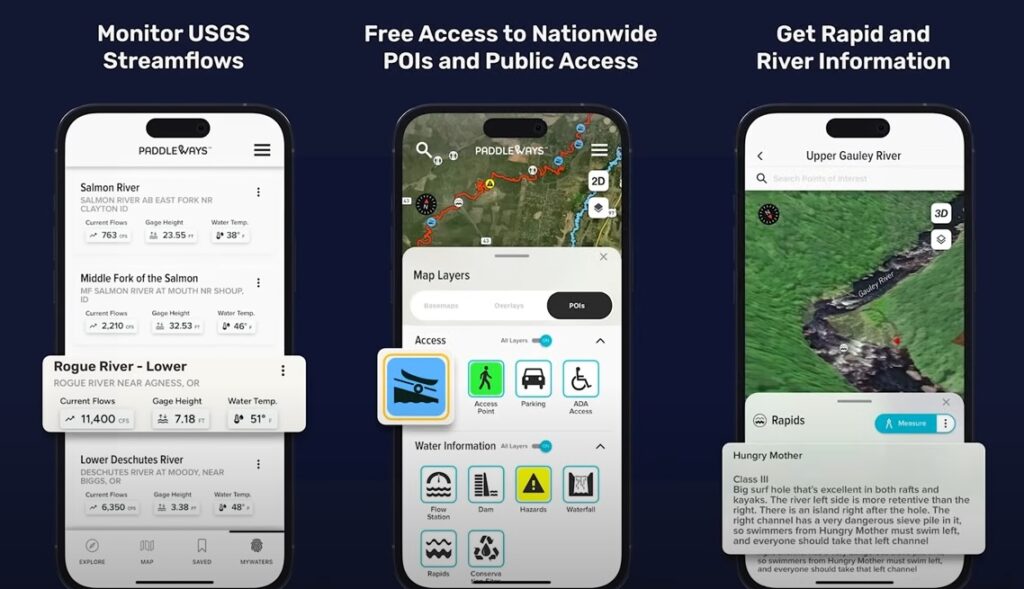
Consider the Scenery and Wildlife
For many paddlers, the surroundings are as important as the water itself. National parks, nature reserves, and coastal wilderness areas offer incredible opportunities to paddle amidst stunning landscapes. Look for places that boast beautiful scenery and wildlife. Mangroves, rocky shorelines, or forests offer the kind of immersion in nature that makes paddling truly special.
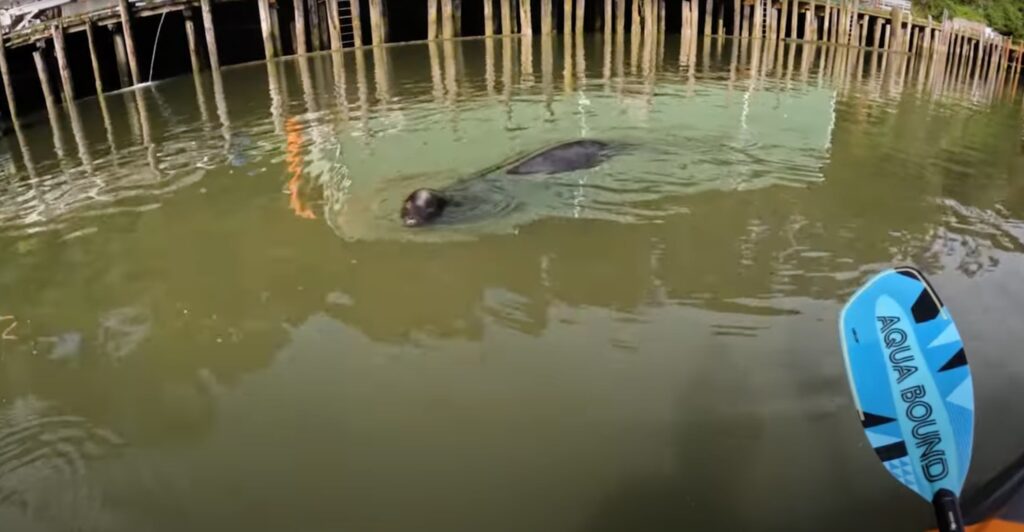
Places with abundant wildlife—whether it’s spotting birds in wetland areas or dolphins along the coast—can elevate the experience.
Check Water Levels and Weather Conditions
Once you've picked a place to paddle, before heading out, it’s essential to check water levels and weather forecasts. Water conditions can dramatically affect your paddle—high or low water levels can make paddling more challenging or even dangerous. Websites such as Windy.com, USGS Water Data, and NOAA Weather are a few examples of places to check river gauges, tides, wind, and weather forecasts. Knowing the conditions at your paddling location before you set off makes it easy to choose the right location on the day for your skill level.
When coastal paddling, pay attention to tides and wind conditions, which can greatly impact your trip. Wind direction and strength can create challenging paddling conditions, so understanding how weather factors affect your chosen location will make for a safer and more enjoyable experience.

Consider Accessibility
Not all paddling spots are easy to access, and some of the most remote places may require you to carry your gear over a distance or navigate rough terrain. Before heading out, assess how easy it is to get your boat in and out of the water. Boat ramps, public docks, or roadside access points on paddle-friendly shorelines are great features to look for when planning a trip. Knowing where to safely launch or take out your kayak or canoe is essential for a smooth trip.
Plan Your Entire River, Lake or Coastal Route
When planning a multi-day paddling trip, you will often need to plan your entire trip in advance. You need to know where there are safe launch and take-out spots, camping spots, and other services like rentals and outfitters.
Before embarking on a multi-day trip, especially into areas with no phone signal, it is important to let someone outside of the paddlers know your plans. That way, if you come into trouble and have no way to communicate, someone knows where to look. Planning in advance and researching the water conditions will ensure you are well-prepared for your journey.
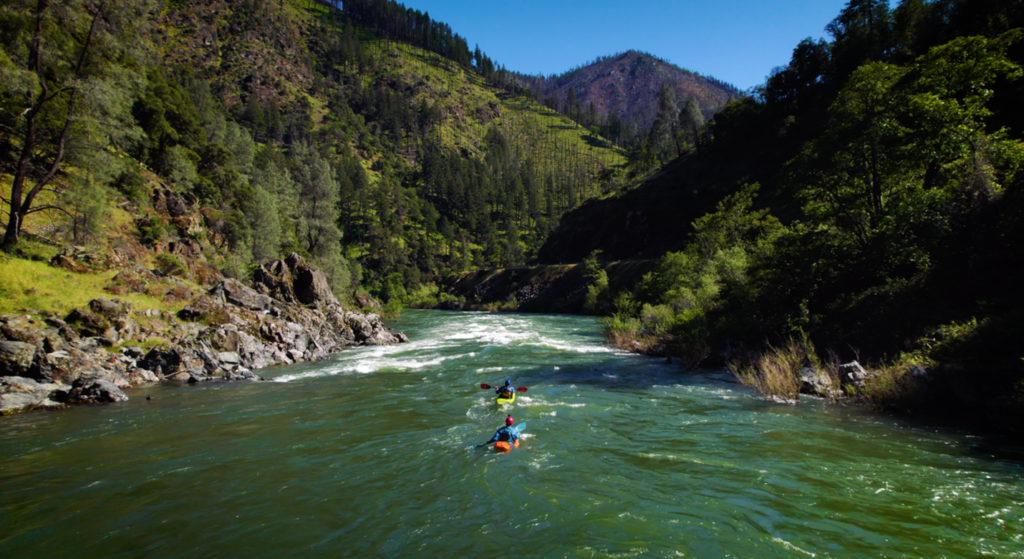
Finding the perfect paddling location can be as much fun as the trip itself. By considering your preferences, tapping into local knowledge, checking water and weather conditions, and knowing your skill level, you can ensure your next paddling adventure will be one to remember. Whether you’re after calm lakes, thrilling rapids, or scenic coastlines, there’s a perfect spot waiting for you!



